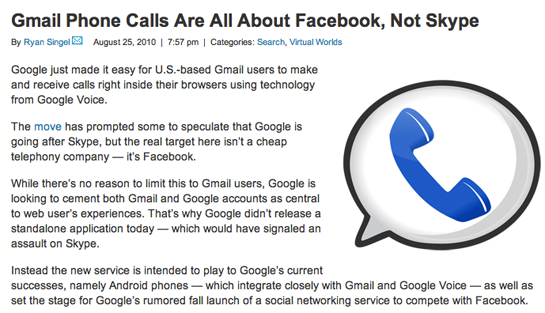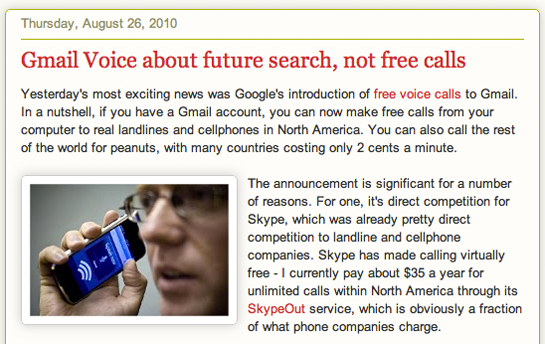 Facebook rarely fails to be true to its company culture, which is…well, let’s see: Facebook is like a bull that’s constantly breaking things in its own china shop, then repairing the damage after customers complain.
Facebook rarely fails to be true to its company culture, which is…well, let’s see: Facebook is like a bull that’s constantly breaking things in its own china shop, then repairing the damage after customers complain.
That sure seems to be true with its all-new Groups feature, which is designed to let members create small clusters of friends who can share information and photos, and otherwise interact. Groups can be private or public, and kind of feel like they let you create a Facebook of your own within Facebook.
They’re a swell idea, except:
- Anyone can add any friend to a Group without permission, and the fact that second person is a member of the Group is public if the Group is public;
- By default, you’ll get e-mail notifications from the Group, even if it’s a Group you didn’t want to belong to in the first place.
End result: You can find yourself a member of a Group you have absolutely no interest in, or would actively prefer not to be part of. You may also find messages in your in-box from unwanted Groups, even if you’ve otherwise switched Facebook settings to minimize notifications. You can turn off Group notifications, but there’s no way to prevent yourself from being joined to Groups–the best you can do is to un-join yourself once you’ve discovered you’re an unwilling member.
The Business Insider’s Nic Saint has more on all this here. And Hillel Fuld rants about these and other Groups issues in this post.
Facebook could instantly solve Groups’ issues by allowing other people to invite you to a group but not add you to it. I assume it’ll make that switch soon. But I’d love to understand the thought processes that lead the company to so frequently launch worthwhile new features in a way that’s bound to annoy a meaningful number of folks. I can’t quite tell if it’s bad at judging this still, doesn’t care, or likes to turn the knob up to 11 and then ratchet it down based on response from the public.
Odd side note: Groups were announced in a blog post by Mark Zuckerberg titled “Giving You More Control,” but the problem with them is that they don’t give you enough control…
 Facebook’s plan to give developers access to users’ addresses and phone numbers has not gone over so well with many, and now the heads of the House of Representatives’ Privacy Caucus want answers. The feature only lasted three days as the social networking site decided to suspend it pending a better (and less controversial) option.
Facebook’s plan to give developers access to users’ addresses and phone numbers has not gone over so well with many, and now the heads of the House of Representatives’ Privacy Caucus want answers. The feature only lasted three days as the social networking site decided to suspend it pending a better (and less controversial) option.




 So Facebook has
So Facebook has  Four New York University students have mobilized to produce a decentralized and open source alternative to Facebook called
Four New York University students have mobilized to produce a decentralized and open source alternative to Facebook called